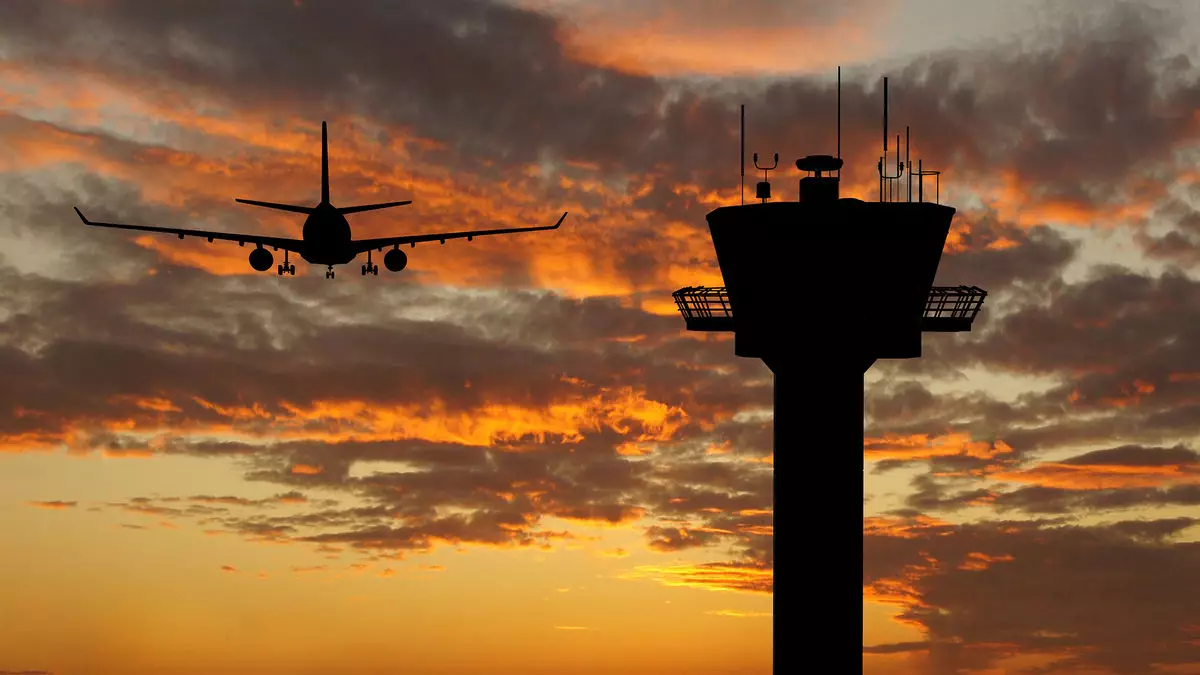As the Thanksgiving holiday approaches, travelers across the United States are bracing themselves for what is predicted to be a busy week in the air. With projections indicating that around 5.84 million people will be flying, an increase from last year’s 5.73 million, the skies are set to see a significant influx of passengers. However, alongside this surge in air travel comes a pressing concern: the potential for flight delays due to a shortage of air traffic controllers, particularly in the busy New York City area.
Michael Whitaker, the administrator of the Federal Aviation Administration (FAA), has expressed his concerns about the anticipated air traffic controller shortages during a recent press briefing. He emphasized that when staffing levels fall short, the FAA is committed to prioritizing safety over expedience. This means that in the event of a staffing deficiency, air traffic will need to be slowed down intentionally to maintain safety standards. Such measures are critical in ensuring that air travel remains secure, particularly during a peak holiday season when air traffic is naturally heavier.
The AAA has identified Tuesday as the pinnacle of travel activity, with expectations of over 50,000 flight operations in a single day. This staggering figure is indicative of the overall busy week ahead, with additional busy travel days anticipated on Wednesday, Sunday, and the following Monday. The planning and logistics involved in managing such high volumes of air traffic are complex, and the shortage of controllers could complicate matters significantly, leading to longer wait times both on the tarmac and in the air.
Fortunately, the holiday travel week began on a positive note. The initial days saw relatively low cancellation rates, with only 68 flights canceled within, to, or from the U.S. as reported by FlightAware. This situation is promising, suggesting that the system can handle the influx of travelers effectively—at least for the early part of the week. However, the FAA remains cautious, as any exacerbation of controller shortages could lead to more significant delays in the latter part of the holiday week.
Travelers are encouraged to stay informed about their flights, and to consider potential delays when planning their travel schedules. With the combination of increased passenger volume and diminished air traffic control capacity, a proactive approach can mitigate frustrations. As passengers take to the skies, they must navigate not just the physical journey but also the uncertainties that come with staffing challenges within air traffic control. As the FAA works to manage this delicate balance, travelers should remain patient and prepared for whatever the holiday travel season may bring.

